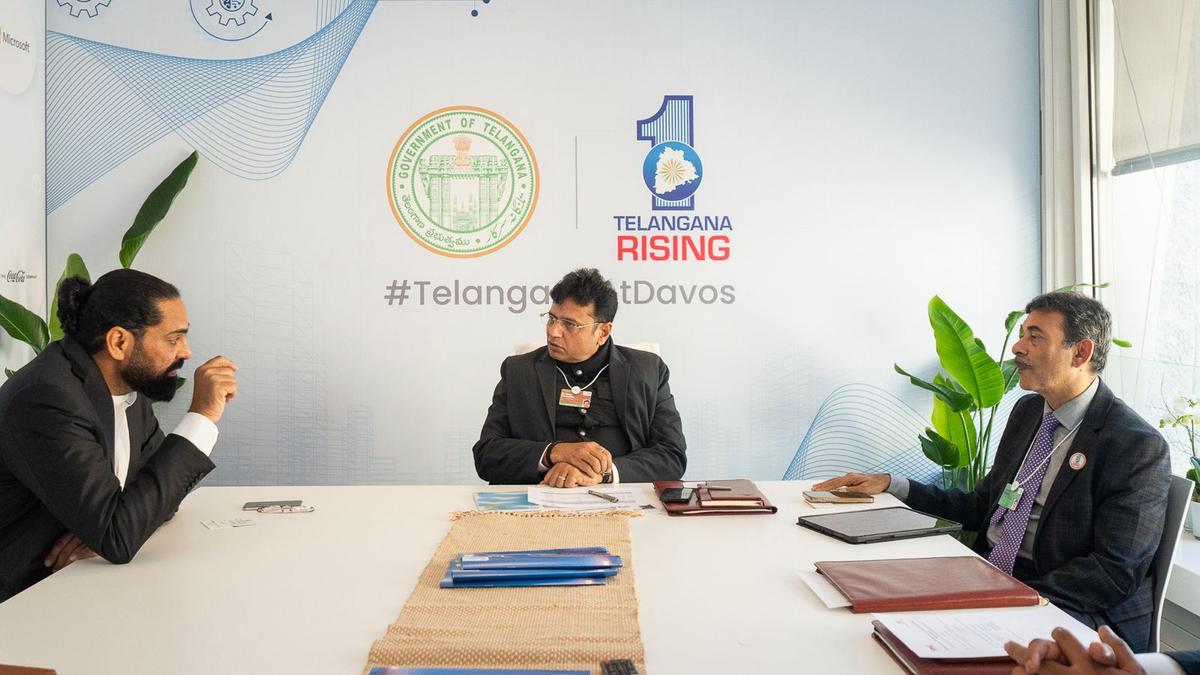Alvin Bragg is the Manhattan district attorney. He’s the boss and makes the big decisions, and thus has been receiving the bulk of the abuse from Donald Trump. But Bragg will be only a passing presence in the courtroom during the former president’s trial on charges of falsifying business records to cover up a hush money payment to Stormy Daniels—and even when Bragg shows up, he won’t be speaking, either in the courtroom or on the courthouse steps.
Instead, the day-to-day weight of pursuing an unprecedented conviction will be shouldered by six of Bragg’s top lawyers. There is no official “lead prosecutor” on the team, and all six have significant responsibilities. Yet two of the attorneys should have especially prominent roles—in delivering key statements and in examining pivotal, complicated witnesses, including Daniels and Michael Cohen, most likely, and perhaps even the highly volatile defendant himself.
The contrast in styles and personalities will be particularly striking when Matthew Colangelo is doing the questioning. “No drama,” says friend and former legal colleague Anurima Bhargava. “He isn’t somebody who ever has an agenda or is looking for a fight. He has a dynamism in the courtroom, but it’s easy and comfortable because he’s so well prepared that he’s able to take in a lot of information and be incredibly clear in explaining it.”
Over the course of his career, Colangelo, 49, has handled a wide range of cases, including a large share of civil rights litigation. But he also brings considerable experience in Trump-related battles. In 2018, as New York’s executive deputy attorney general for social justice, Colangelo was central to the investigation of the Trump Foundation, which ended in a $2 million fine and an admission from Trump that he had used donations to both bolster his 2016 presidential campaign and pay off business debts. Two years later, Colangelo helped assemble evidence that would be used to charge the former president and the Trump Organization with fraud for manipulating the value of properties, a case that resulted in a $454 million judgment against Trump in February. In between, Colangelo moved on to the federal Department of Justice, where he worked for two years until Bragg coaxed him back to New York to join the Manhattan DA’s office—a chronology that Trump has used to attack Colangelo as one of President Joe Biden’s “thugs” who is out to get him.
Trump can’t attempt to use that same slur against Susan Hoffinger, however. The chief of the DA’s investigation division, Hoffinger, 60, comes from a storied Manhattan legal family. Her father, Jack, was a legendary trial lawyer who cofounded a firm with Susan and her older sister, Fran, a defense lawyer; his son, Adam, was once a federal prosecutor for the Southern District of New York and is now a shareholder at Greenberg Traurig. In private practice, Susan Hoffinger defended clients accused of everything from tax fraud to manslaughter; in a previous stint at the DA’s office, she helped bust organized crime rings. “When Alvin Bragg hired her to head the investigation division, I thought that was just such a smart move because she has such a great perspective, given the fact that she’s been on both sides of the aisle,” says Karen Friedman Agnifilo, a former Manhattan prosecutor and current CNN legal commentator. “She has a way of pulling out the essence of a point and making it truly important and understandable to a jury.”
Hoffinger would be a good fit to lead the crucial questioning of Michael Cohen, Trump’s onetime lawyer and fixer, who is a former federal convict himself and maybe not the most easily trusted witness. “Susan is really charismatic,” says Michael Miller, a former colleague of Hoffinger’s in the DA’s office. “She relates well to jurors because they see a New Yorker like themselves who has a straightforward way of dealing with folks. And her no-nonsense style of handling witnesses is likely to make both Susan and the witnesses more credible.”
Both Colangelo and Hoffinger have been involved in plenty of high-stakes, high-profile cases featuring obstreperous defendants; Colangelo, for instance, helped pursue a DOJ investigation into Arizona sheriff Joe Arpaio. “The world will be swirling around him, and Matthew just walks in very calmly and says, ‘Okay, this is what we have to do,’” says Roy Austin, a former DOJ colleague. Trump, though, is able to whip up stronger, nastier winds than most people, and he has not been shy about launching personal attacks. “Susan is tough and focused,” Miller says, “and can compartmentalize background noise in a major trial.” For at least the next month, she and Colangelo, as well as the entire Bragg prosecutorial team, will need all the noise-canceling skills they can muster.







